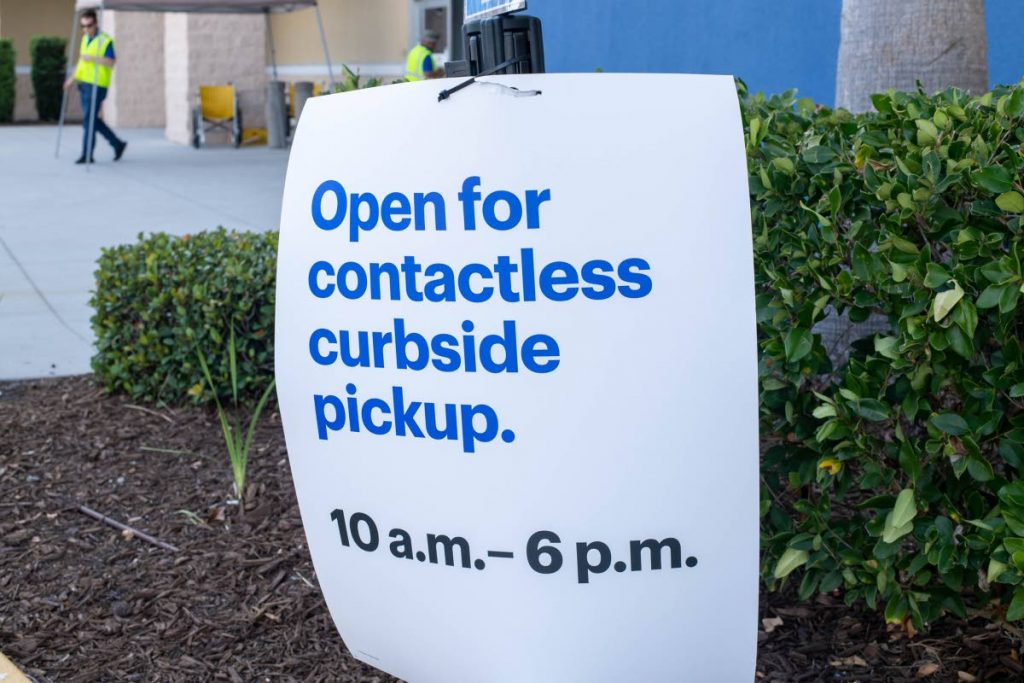Here’s how we adapt to benefit from covid

KIRAN MATHUR MOHAMMED
kmmpub@gmail.com
We must move quickly if we are to be among the few winners of this pandemic and participate in the coming surge in technology and e-commerce. As for the most vulnerable, we must subsidise mobile data and teach people to re-skill and find new jobs online.
The companies that will do best when the dust settles are those which re-invent themselves to match the new reality. We are in this for the long haul: some form of lockdown may well be in place for months. This is time enough to force companies to find new ways of earning cash, and time enough for new consumer habits to form – habits that won’t easily revert.
E-commerce and delivery used to be convenient. They are now essential. People will not surrender their new conveniences easily once they have become accustomed to them. I’ve spoken to many business leaders who have already decided that remote work makes more sense for the majority of their staff. Everyone from the harried secretary to the fastidious accountant has realised they can reclaim two or three hours every day from their commutes.
What will people do with their newfound leisure time? Yoga, reading, or Netflix? Online content of all sorts has exploded and is not likely to fall when things settle into the new normal.
So is preventative health – long neglected. It is early days yet to be terribly confident about any prediction, but does it seem too far-fetched that people bombarded with news about health of all sorts for a solid year will start thinking and spending more on taking care of their health and wellness?
Anyone who can offer their services digitally, or reach their customers through e-commerce and delivery (and this is the vast majority of retail and service sectors currently) will immediately benefit.
Who will seize the opportunity? The people who will do best out of this crisis are those who are self-motivated and can create structure for themselves.
To learn new skills quickly, we must start asking the right questions and learn how to use the vast resources of learning made available by search engines. Simply teaching people how to use Google effectively is one step.
For example, I was brainstorming with the Global Shapers Port of Spain Hub, an initiative of the World Economic Forum, on responses to covid19. One of the stronger ideas from this group of brilliant young people was how to quickly reach small and medium-sized businesses and give them access to the tools needed to adapt.
We talked about a few solutions, some more complex than others. Afterwards, I Googled “small business adapt digital coronavirus.” Up came an exhaustive guide from the US Chamber of Commerce, just a few lines down. It occurred to me that perhaps the most useful thing we could do might to teach people to Google properly.
In the coming months, hundreds of thousands stand to lose their jobs. If we are to recover quickly, we must figure out what skills prospective employers need and quickly retrain ourselves.
Fortunately, we are living in a time when the knowledge of the world is at our fingertips. Just look at Danielle Cosgrove. The TT national just became one of four winners of the MIT Covid-19 Hackathon with her project Moose, an online skill-exchange platform allowing people to barter time and knowledge. We should set the pace internationally, and roll out solutions like these at home.
The government must stimulate the economy to prevent the massive economic crash to come. One way to do so while giving the most vulnerable access to the internet’s knowledge is to temporarily subsidise mobile data subscriptions.
In parallel, the government can work through the telecoms to teach users how to practically benefit, search for information, or set up their businesses to use e-commerce.
This is critical to help the most vulnerable adapt to the post-covid19 world and find new jobs. It will directly help people to re-skill, give a significant boost to our nascent start-up scene and enable mass education at scale.
Sure, most people may use the internet for Instagram scrolling or pornography. But dollars of every stimulus package slip through the cracks as it is. It is the overall impact that matters. And what of the current potential lost from people not having internet access?
Let us seize the advantage in this crisis, and not just for ourselves. We owe it to the elderly, the lonely, and the poor whom we must carry with us.
Kiran Mathur Mohammed is a social entrepreneur, economist and businessman. He is a former banker, and a graduate of the University of Edinburgh

Comments
"Here’s how we adapt to benefit from covid"